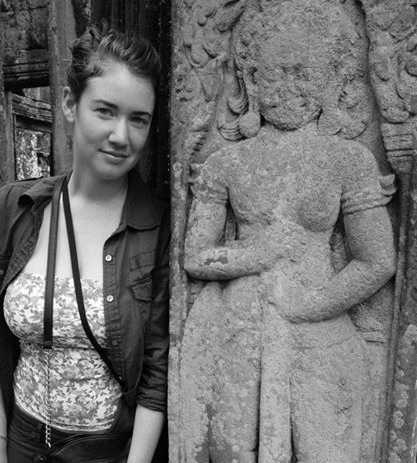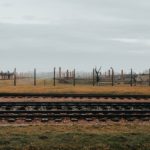Teaching in a Country Damaged by Genocide: My Life in Cambodia

Cambodia, like anything beautifully complex, is only understood from personal experience. Life in Cambodia, or The Kingdom of Wonder, is surreal and even at six months in, I still find myself exhausted from cultural immersion. Before going into the dos and don’ts of Phnom Penh and other provinces I have visited, I think a brief history is needed to get a better grasp on the current situation, and to be able to make sense of why Cambodia is how it is.
Cambodia has a rich history, and can be absolutely breathtaking. It is a developing country and currently ranked 17th most corrupt in the world. Currently there are social movements by the CNRP, to dismantle the ruling party, the CPP. The Prime Minister has been in power for 28-29 years, and has been the first and only prime minister since the fall of the Khmer Rouge, during which he participated as an Officer.
The Khmer Rouge, led by Pol Pot, Nuon Chea, and Ieng Sary, was a genocide comparable to the Holocaust. In a matter of four years (1975-1979), the Khmer Rouge executed 2-3 million Cambodians, about 21-25% of their population. If those dates look familiar, it’s because this was taking place during the Vietnam War, during which Cambodia was allies with North Korea and other Communist states. The effects of this genocide are very much alive.
For example, I am a teacher here and have been told to stay away from the topic of the Khmer Rouge. One day it came up while my students were shouting amongst themselves and I was listening in, interjecting here and there. I told them, “Raise your hand if someone in your family was killed in the Khmer Rouge.”
Every single student raised his or her hand. All 37 of them. Most of my students lost some or all of their grandparents, some had parents who survived, and others took refuge in Thailand or Malaysia and returned afterwards.
The history is felt among the people as well as the land. Why does Phnom Penh smell so bad? Pol Pot filled the French drainage system with cement. Why are there so many amputees? Because land mines still inhabit the jungle floor. Why are there protests in the streets? Because the people want change and improvement.
The history is important to know because it helps explain the present, which is just as complicated as the past. Cambodia can be traveled comfortably but it is not for the faint of heart, and unless you are going to stay in your hotel room for your whole trip you are going to interact with Cambodians who have a completely different reality than you and that needs to be remembered and respected.
Advice tip number 1: Read deeper into the history and look at the local newspapers so you know what’s going on.








